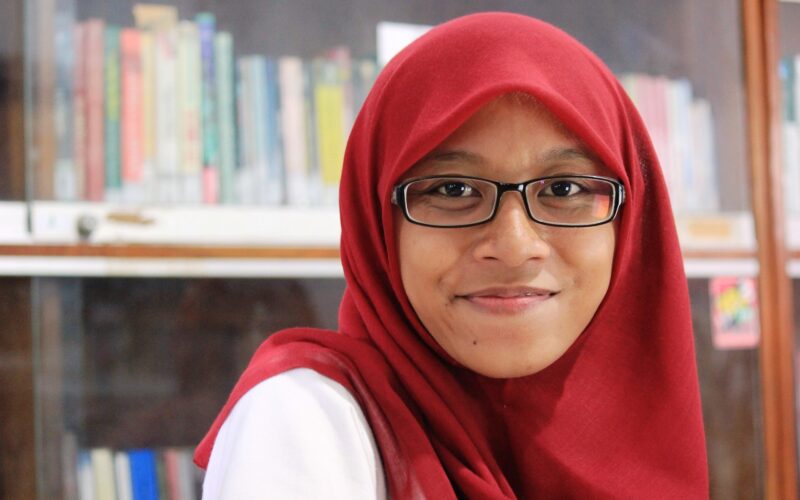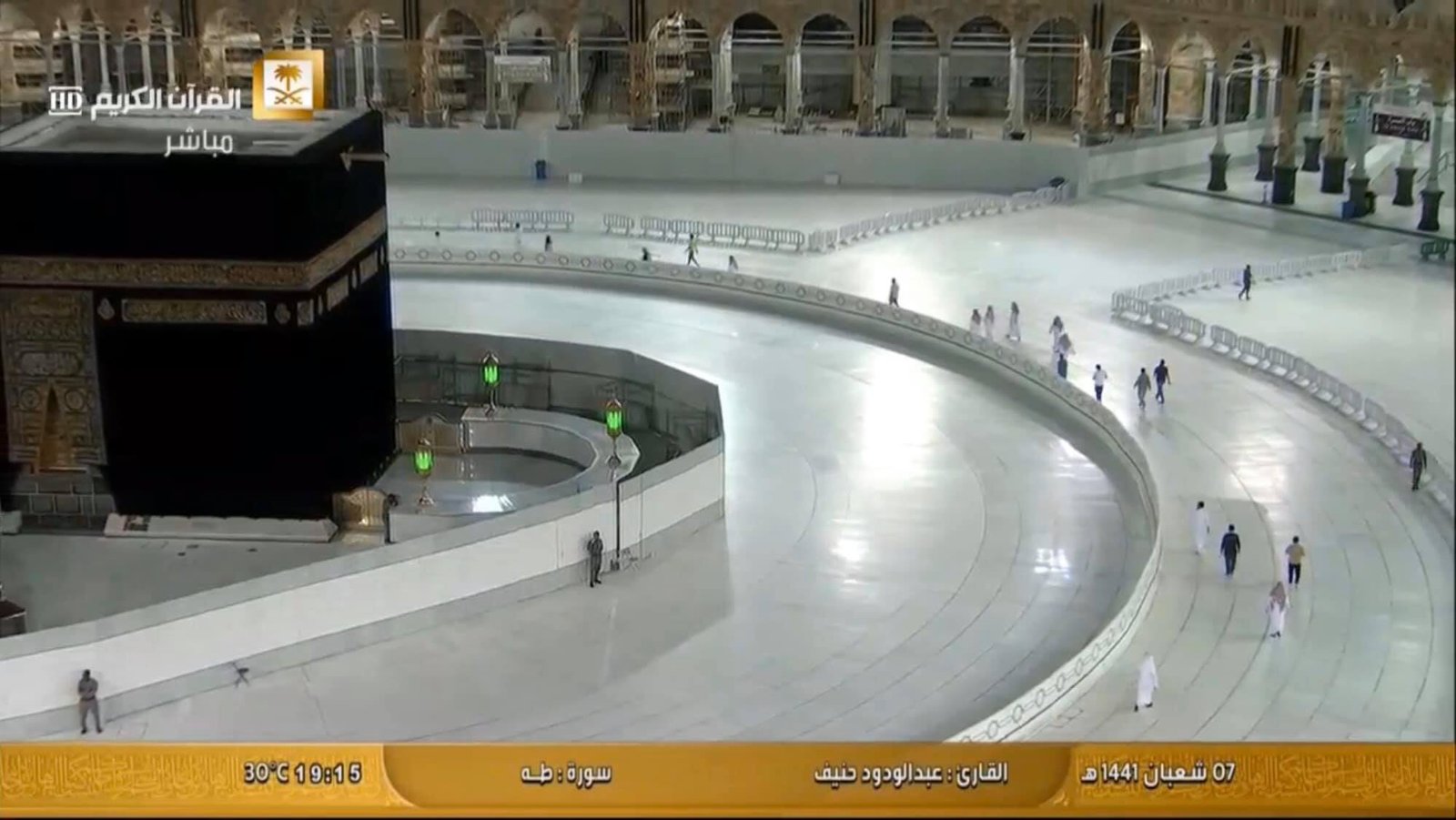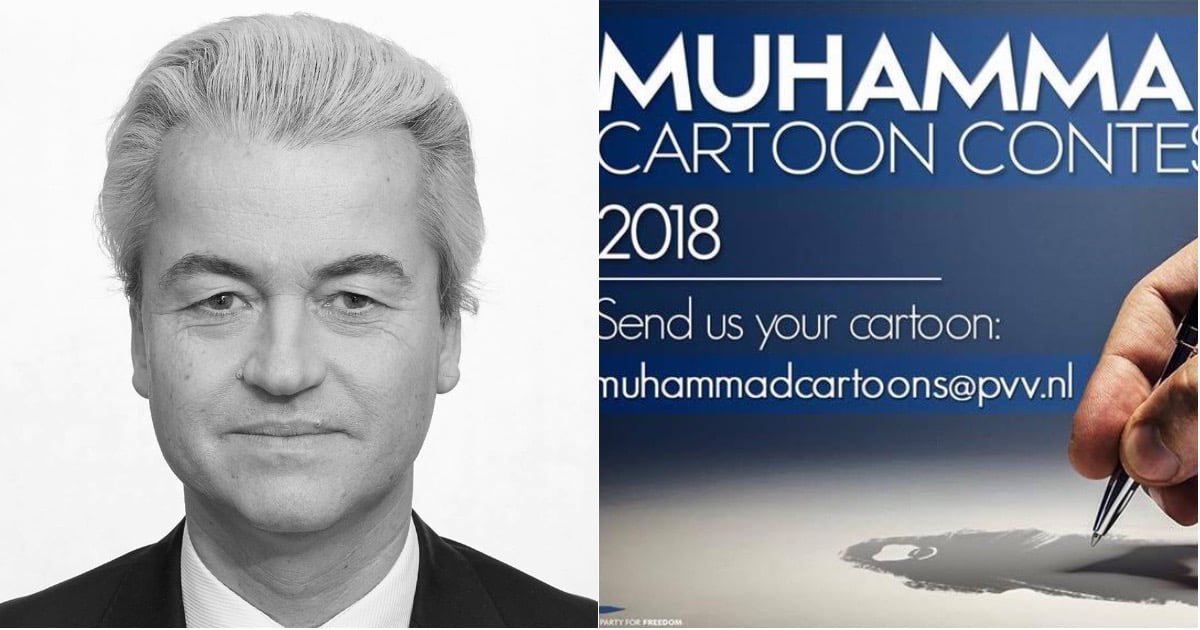The issue of food in French school cafeterias often goes unnoticed by the media, but it is a source of concern for many Muslim parents.
Some mayors have decided not to offer alternative menus in school cafeterias based on their version of secularism.
In Tassin-la-Demi-Lune, a commune on the outskirts of Lyon, the school lunch program has been mandated to offer only one menu.
Consequently, students who eat exclusively halal or kosher food – approved under Muslim and Jewish guidelines, respectively – have difficulty getting enough to eat when the only meal offered is sometimes pork.
Some mayors have proposed a vegetarian menu to resolve this issue, citing environmental reasons for doing so
These mayors offer three possible menus: meat, fish, or a vegetarian option. Parents were asked to choose the menu they would like, and 94% chose a fish or beef/chicken menu.
It is important to note that the children in those schools were permitted to choose their meals, unlike other mayors who believe that secularism means making Muslim and Jewish children eat pork or go hungry.
Muslim parents react negatively
The parents of children attending schools where pork is often the only option have launched an online petition to demand alternative menus due to the lack of empathy displayed by the mayors.
According to them, the Council of State ruled clearly in December that proposals for alternative menus do not compromise secularism or neutrality.
In addition, it was argued that “a single menu contradicts the sense of history at a time when food waste is being criticized.”
Tassin-la-Demi-Lune’s unique menu, defended by the City Council, prevents 20% of students from receiving catering for religious, health, or religious beliefs (vegetarianism), according to the parents’ petition. Mayors serve the population, the whole population, for the city’s general welfare.
The petition has received the support of several well-known individuals, including journalist and feminist activist Rokhaya Diallo.
There is an intensifying debate over the visibility of Muslims in France, which entails unrelenting attacks and the exclusion of Muslims.
The principle of secularism needs to be defined and applied concretely. Some wish to go further and prohibit any visibility related to the Muslim faith, while others want to live and let live.
Dress code for schools
Among the hardliners, Eric Ciotti, the mayor of Nice, France’s fifth-largest city, and a presidential candidate last year wants to modify a 2004 law on religious symbols in schools to ban certain types of clothing, including abayas, which are long, free-flowing garments worn by Muslim women over their clothing.
According to him, wearing long skirts to young Muslim girls constitutes a misuse of secularism.
The French government appears to be considering establishing a “clothing police” that would be able to determine whether the attire is religiously appropriate.
Several French media outlets have accused Abayas of violating secularism for weeks.
These same outlets also advocate against girls wearing short skirts. The short version is that, unlike Iran, where the veil is required, some in France attempt to enforce wearing “republican” clothing on their fellow citizens.
Subscribe to our channels on WhatsApp, Google News, Facebook and Instagram.Discover more from The Islamic Information
Subscribe to get the latest posts sent to your email.












